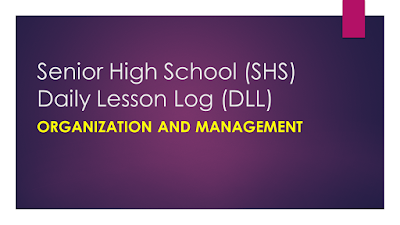
Source: Thinkstock
Student loan balances are on the rise. The Federal Reserve Bank of New York’s second-quarter Household Debt and Credit Report reveals that total outstanding student loan balances are now at $1.2 trillion, with 11.5% of aggregate student loan debt at least 90 days delinquent or in default.
“The Increasing trend in student loan balances and delinquencies is concerning,” said Federal Reserve Bank of New York Research Officer Donghoon Lee in a statement.
If your student loans are weighing you down, there are some instances where you might be able to get a lifeline. It might feel like you’ll never dig out of debt, but in some cases student loans are not forever. Here are six situations that could provide you with some relief in the form of debt cancellation, forgiveness, or discharge.
1. Disability
If you are totally and permanently disabled, you may be eligible for a Total and Permanent Disability Discharge. You’ll be required to submit documentation to the Department of Education. Acceptable documents include a Social Security Administration award letter for disability benefits and certification from a physician. Get your application started by contacting Nelnet, the Department of Education’s total and permanent disability servicer.
2. School closing
You are eligible to receive a Closed School Loan Discharge if your school has decided to shut its doors permanently. If you are a student during the time the school closes, you are free and clear of your responsibility to pay the loan. In addition, if you have a negative mark on your credit report related to the loan, it will be removed. The education department will report your discharge to the credit bureaus. You can obtain the application for a school closing discharge here. If you have private student loans, you’ll have to contact your lender directly.
3. Bankruptcy
Although it is widely believe that student loans can never be discharged through bankruptcy, this is not true. If you are in a situation where repaying your student loan has become so burdensome that it would cause undue hardship, discharge through bankruptcy might be allowed. However, the process is not simple. You will be required to prove your hardship to the bankruptcy court. In addition, your creditors will likely attend the hearing so that they can dispute your request for discharge.
4. Identity theft
If a fraudster took out an educational loan in your name, you’ll be happy to know that you won’t be on the hook for the degree. In cases of identity theft, the Department of Education will provide you with an Unauthorized Payment Discharge. There are some tell-tale signs that you are the victim of student-loan-related identity theft.
“Some signs that you’re a victim include: receiving a student loan bill but you never went to college, calls from collection agencies or letters about a student loan you were unaware of, or receipt of a notice for legal action being taken against you for a student loan you knew nothing about,” says Harrine Freeman, financial expert and owner of H.E. Freeman Enterprises.
Another red flag would be finding unfamiliar student loans on your credit report or being denied credit or suddenly receiving less favorable loan terms. In addition, if the name, address, date of birth, telephone number, or signature on a loan or promissory note is not yours, you should be on high alert. You can get the form for this discharge here.
5. False certification of eligibility
If your school fraudulently approved your eligibility to receive a loan despite the fact that you did not meet the ability-to-benefit requirements, you could be eligible for a loan discharge. Your loan could also be discharged if your school signed your name on a promissory note or application without your knowledge. You can access the forms for this discharge here and here.
6. Unpaid refund
If you decided to withdraw from your program but the school did not fulfill its obligation to pay a refund owed to the Department of Education or to the lender, you could receive an Unpaid Refund Discharge of your federal student loan. Note that this is a partial refund. The amount of the unpaid refund is the only portion that will be discharged. You can access the application form for this discharge here.
More from Money & Career Cheat Sheet:
- Is it Really Time for Free College?
- 6 Ways to Maintain a Debt-Free Lifestyle
- 10 Best States to Escape from College Debt
Want more great content like this? Sign up here to receive the best of Cheat Sheet delivered daily. No spam; just tailored content straight to your inbox.
Read the original article from The Cheat Sheet


















